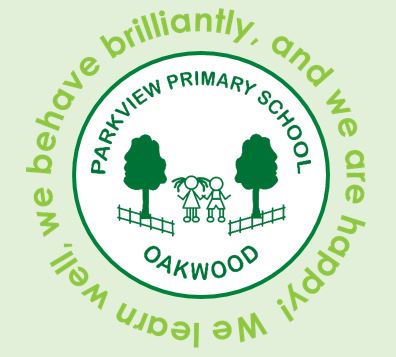Safeguarding
Contact us if you have a worry about a child on safeguarding@parkview.derby.sch.uk
PLEASE NOTE: THIS EMAIL IS CHECKED DURING SCHOOL HOLIDAYS ON A WEEKLY BASIS
DESIGNATED SAFEGUARDING LEAD - Marie Jarvis
DEPUTY DESIGNATED SAFEGUARDING LEAD - Nichola Cunningham
If you believe that a child or an adult is at immediate risk of harm and in need of protection then you should call the Police - 999, straight away.
Alternatively if you want advice from the Police and the child or adult is not in immediate need of protection, you can call the Police on the telephone number 101.
Urgent referrals via Initial Response Team during normal working days between 9 am and 5 pm on 01332 641172. At all other times concerns can be discussed with Careline who can be contacted on 01332 956606
Domestic Abuse
Domestic abuse is any type of controlling, bullying, threatening or violent behaviour between people in a relationship. But it isn’t just physical violence – domestic abuse includes emotional, physical, sexual, financial or psychological abuse.
Abusive behaviour can occur in any relationship. It can continue even after the relationship has ended. Both men and women can be abused or abusers.
Domestic abuse can seriously harm children and young people. Witnessing domestic abuse is child abuse, and teenagers can suffer domestic abuse in their relationships.
More information about keeping children safe from domestic abuse can be found here:
https://www.nspcc.org.uk/what-is-child-abuse/types-of-abuse/domestic-abuse/
If you're an adult experiencing domestic abuse, there are organisations that can help.
- Relate
0300 003 0396
You can talk to Relate about your relationship, including issues around domestic abuse. - National Domestic Violence Helpline
0808 2000 247
A 24 hour free helpline run in partnership between Women's Aid and Refuge. - Men's Advice Line
0808 801 0327
Advice and support for men experiencing domestic violence and abuse. - National LGBT+ Domestic Abuse Helpline
0800 999 5428
Emotional and practical support for LGBT+ people experiencing domestic abuse.
Child Exploitation
Child exploitation may be evident through a range of behaviours for example:
- Child sexual exploitation
- Child criminal exploitation, including county lines
- Modern slavery
- Extremism and radicalisation
- Internet based exploitation - contact and non-contact offences
If you have any questions or concerns around this, please speak to Miss Jarvis, the Designated Safeguarding Lead or one of the safeguarding team: Mrs Cunningham, Mr Arshid, Miss Jackaman. However, if you feel a child is in immediate danger, please call 999.
Peer on Peer Abuse
Peer-on-peer child abuse is a term used to describe children abusing other children.
Peer-on-peer child abuse can include:
- bullying (including online bullying and bullying because of someone’s race, religion, sexuality, disability or trans status)
- abuse by your girlfriend, boyfriend or partner
- physical abuse
- sexual violence, such as rape and sexual assault
- sexual harassment
- sharing naked or semi-naked photos or videos without permission
- upskirting
- initiation/hazing type violence and rituals to harass, abuse and humiliate
- emotional abuse
- financial abuse
- coercive control
Spotting the signs
Things to look out for if you suspect a child is a victim of peer-on-peer child abuse:
- absence from school or lack of interest in school activities
- physical injuries which can’t be explained
- mental or emotional health issues
- becoming withdrawn or showing a lack of self esteem
- lack of sleep
- alcohol or substance misuse
- sudden changes in behaviour
- inappropriate behaviour
- showing harmful behaviour towards others or self (self-harm, violent outbursts)
Report it
If you suspect that peer-on-peer child abuse is happening it is always best to report it - speak to our Designated Safeguarding Leader.
Useful Safeguarding Information for Parents
